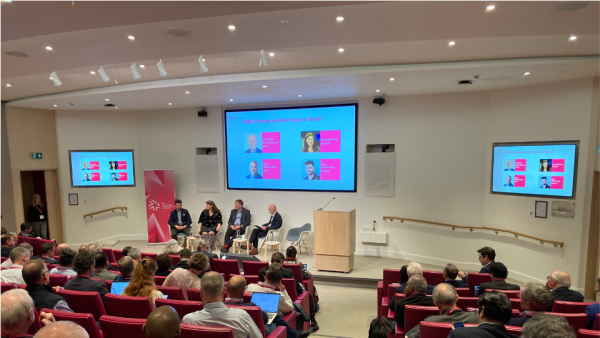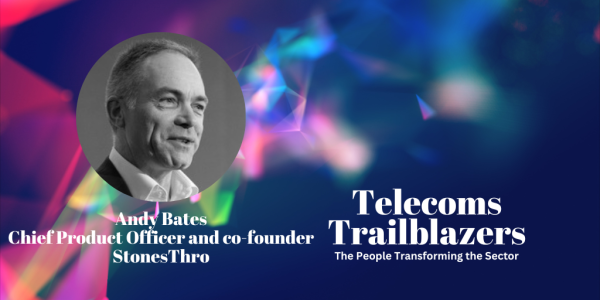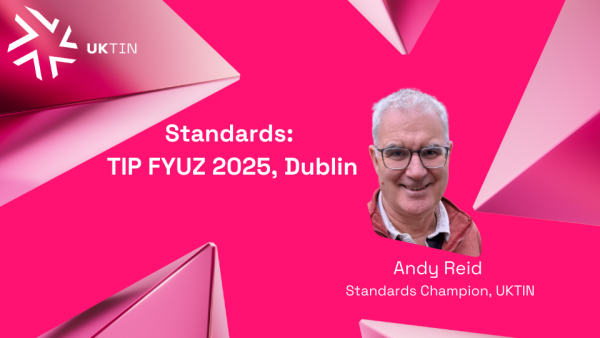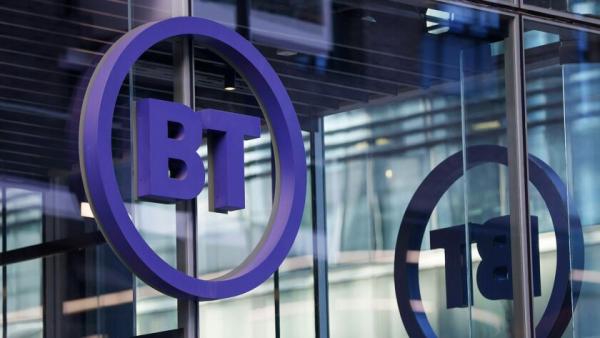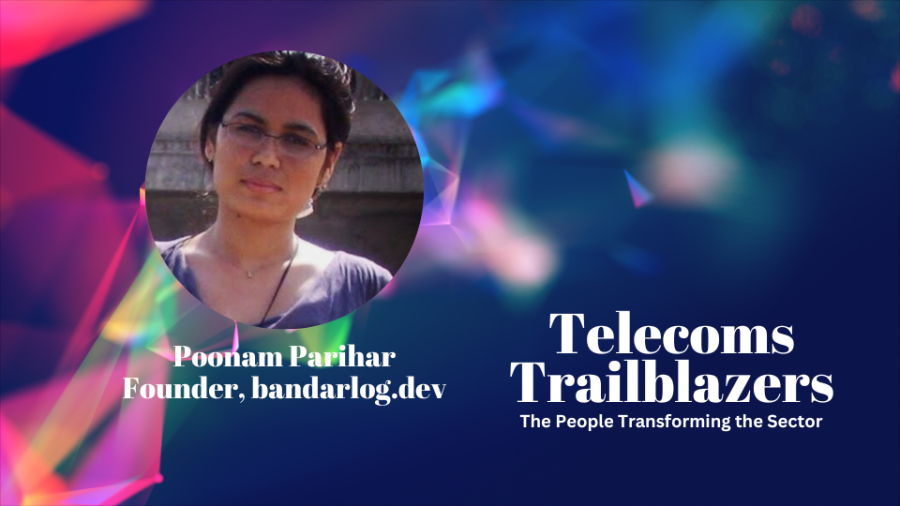
Hello, I’m Poonam Parihar and I’m the founder of bandarlog.dev. We are an early-stage deep-tech startup that aims to transform telecommunication through AI.
AI with network automation will be the key to building the future network (or future internet), and realising visions of the metaverse. With the integration of AI into fixed and mobile network cores and closed-loop automation, we can reduce human intervention and make networks more efficient, while also achieving greater flexibility and scalability, simplifying services and operations, and bringing costs down significantly.
This service will help large enterprises and SMEs deploy and access 5G, particularly those in the creative and construction sectors where there is a huge demand for transformation but a visible lack of resources, skills, and budget. Automation is critical at this stage of the technology innovation cycle. We need to upgrade our network infrastructure to support next-generation applications and services. Networks are becoming more complex each day, so orchestrating automation workflow for everything from provisioning the network, and configuration of devices to testing, maintenance, and operation is needed.
We are working towards a launch of our product early next year. Our goal is to build a product that is industry-agnostic and can serve as a core engine solution for any network. With our solution, we want to solve the business problems for each sector and we need to implement features based on industry use cases.
I attended the UKTIN Innovation and Investment workshops in June, which helped me to delve deeper into our value proposition, work extensively on what we plan to offer in the long term and map out our business strategy. It was also critical to understanding how and when to raise investment.
As we continue to advance technologically, sustainability must remain a priority. The innovation in technology and its advancement in past years have made it possible to bring together various stakeholders in the business ecosystems. It is now easier to connect standards and regulatory bodies to manufacturers, suppliers and consumers. With Automation and AI, this connection is realised in real-time hence building an ecosystem that is not only operationally efficient but capable and highly adaptable. One of the ways to do it more effectively is to implement sustainability KPIs and integrate resource optimisation directly into network design.
1/ What do you enjoy most about working in this space?
I have worked in this domain for over two decades, both in front-end and in development and testing. Sales engineering, in particular, had the most impact on me. Meeting lots of different people, and talking to a range of customers from large organisations to SMEs and in different geographical backgrounds, was a real highlight. I enjoy listening to their business problems and trying to find or build the best solution possible.
2/ What’s the most ridiculous thing you’ve done in the name of work?
In another role, I was working from home in New York and had an important demonstration to do for one of our customers the next day, for which I shipped some new hardware home. But when I opened the package, a cable was missing. My colleagues were all out of a 100-mile radius and FedEx couldn't do one-day shipping because it was already afternoon, so I decided to call my customer in lower Manhattan and said, “Look, you bug me on the daily, now I need your help!” They were happy to help, so I quickly took the subway and ran to the lab in my pyjamas. I had planned to pick up the cable and come home. Only the Executive Director found out I was in the lab, and he called me upstairs for a quick meeting. I walked into the meeting room in my pyjamas, wearing a baggy t-shirt with a glittering NASA logo. Thankfully, the director loved the t-shirt.
3/ What excites you most about working in telecoms?
Telecommunication is transforming. We are talking about a network of networks, future networks and the metaverse. As a technology innovator, I am excited that I can be part of this change and that I have the skills and resources to make a significant contribution. I view my start-up efforts as a small fish in a big pond but my role in telecoms has a wider impact, which is something I don’t take for granted.
4/ What would you like people to know about your work?
Being the founder of a start-up is very different from being the CEO of an established company. We are starting from zero and I am learning as I go. My goal is to translate technology into business solutions, and then everyday problems. Telecos need to connect to the consumer directly: we are seeing unprecedented market growth in the consumer economy. But we also need to make sure that our solutions cater to large organisations, as well as to SMEs that are struggling with this challenge.
5/ Why is a vibrant, flourishing telecoms ecosystem important for the UK?
It is incredibly important. I believe the UK has done a great job in AI innovation in the past few years and they continue to foster talent and invest heavily in the space. There is a lot of focus on clean and green-tech development, particularly with 5G deployment, and 6G Advancement with AI. This is the driver of global economic growth. The consumer economy is predicted to grow by a trillion by 2030. We need to make sure our networks are ready to handle the demands of the future. Therefore, we need to make sure we continue to support, innovate and invest in this ecosystem, especially the emerging startups and future technology leaders.

